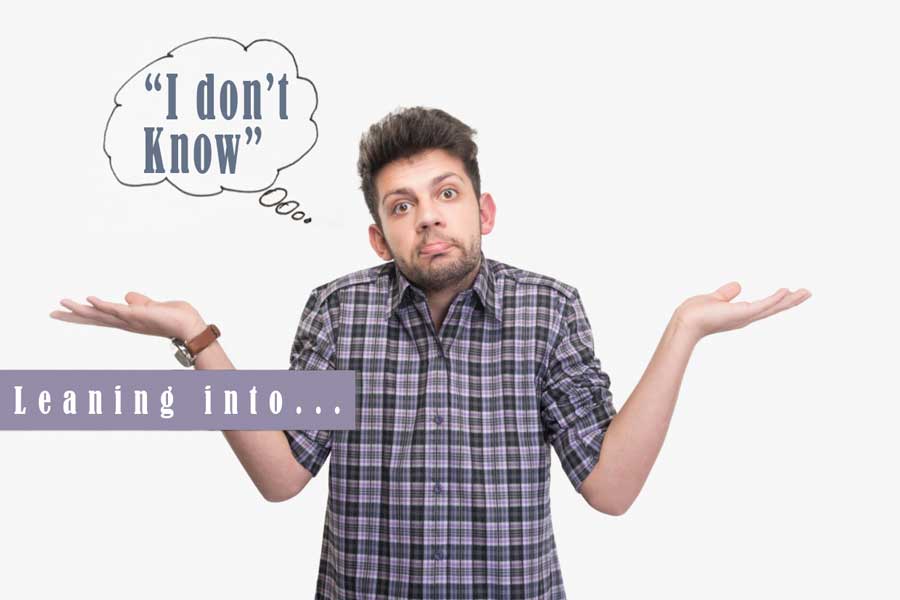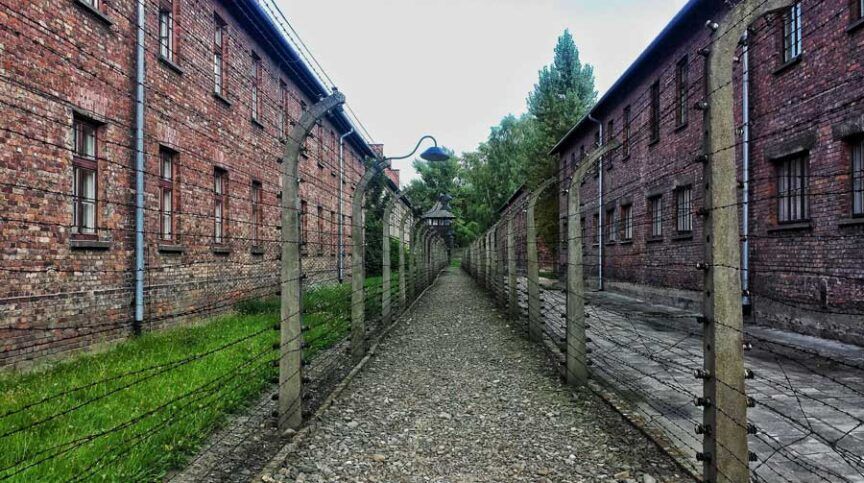Years ago, shortly after starting a new job, I met a coworker who had converted to Islam. When I expressed curiosity in this decision, he was encouraged to tell me more. After a bit of conversation, I learned he was raised Jewish despite hailing from heavily Catholic South America. I remember being a bit surprised at his background and even more at his faith journey. When I asked him how he had come to accept Islam, he simply said, “Islam is life.”
Of course, I was struck by the simplicity and beauty of his answer, but, at the time, I didn’t query him any further about his decision. However, not long after this encounter, I met another Muslim, a man who was born into the faith. This time I wanted to know more, so I asked him to tell me a bit about Islam and, as he spoke, I soon realized just how little I knew about the religion. Being a journalist, I was a bit ashamed to learn I knew virtually nothing about Islam – one of the world’s major faiths and the second largest after Christianity.
During our conversation, he only offered a brief description of Islam’s foundational tenets and beliefs, including the belief in one god, five daily prayers, as well as fasting. However, something in me wanted to know more, and, once again, I was struck that I knew very little about this religion that my formerly Jewish coworker described as “life.” So, being the curious writer I am, I set out to change that. I began reading about Islam and Prophet Muhammad (peace be upon him), asking questions and listening to preachers, specifically those who converted to Islam. Long story short and, less than two years later, I accepted Islam as my own religion. Praise Allah (SWT)! Reflecting on this time in my life, I see now that, by embracing the fact that I didn’t know what Islam was all about and embracing the resulting curiosity, I was able to set out on my own path of finding true faith with a religion I’ve come to love, accept, and practice on a daily basis.
In the following years, as I continued to educate myself more and more about my adopted religion, I came across the following story of Prophet Muhammad (peace be upon him) and this authentic hadith according to sifat al-fatwa and Sunan Ibn Majah, one of the six major hadith collections in Sunni Islam: A man asked Muhammad (peace be upon him), “What is the most disliked/evil place (to Allah)?” The prophet said: “I do not know.” It’s worth noting a further hadith is recorded as stating that after the Prophet (peace be upon him) didn’t have an answer, Angel Gabriel asked Allah (SWT) about this matter and then the answer came as follows: “The dearest places to Allah are the mosques, and the most hated places to Allah are the marketplaces.” (Sahih Muslim 671)
Here we see our Prophet (peace be upon him) being asked about a religious matter and, not having a correct response, answering truthfully, even though the asker might have been disappointed. This teaches us to always speak the truth, particularly in issues or questions of faith, even if we don’t know the answer and, one could argue, especially if we don’t know the answer. We should not fall into the mistake of trying to come up with our own answer in hopes of saving face as this could lead to us communicating something wrong about Islam or even relaying falsehoods, which Allah (SWT) warns against: “Say (O Muhammad) My Lord has only forbidden immoralities – what is apparent of them and what is concealed – and sin, and oppression without right, and that you associate with Allah that for which He has not sent down authority, and that you say about Allah that which you do not know.” (Quran 7:33)
For me, the lesson of leaning into “I don’t know” is two-fold. One, after hearing of this prophetic teaching and Quranic directive, I further understand the powerful impact of admitting “I don’t know,” and how it positively impacts my faith-based learning, encouraging me to garner as much wisdom and education as I can. It also humbles me and serves as a protection and warning for me against speaking falsehoods about Islam, Allah (SWT), and Prophet Muhammad (peace be upon him).
Two, I can look back and reflect on my near-ignorance of Islam all those years ago and the bit of shame I had about it and how I harnessed that shame into a mission of learning and a force for beneficial change to my life. This could be a great lesson for anyone battling shame about something they may be going through or challenges they face. Knowing those feelings can serve as a turning point for religious learning is inspiring and helps us to first lean into “I don’t know” and then commit ourselves to finding the solution to our problems.
For me, I shudder to think how my life might have turned out had I simply rested on my “I don’t know.” I fear I might have remained uninformed about Islam, and I might never have become a Muslim. I thank Allah (SWT) for His guidance and mercy, leading me out of shame and ignorance and into truth.




